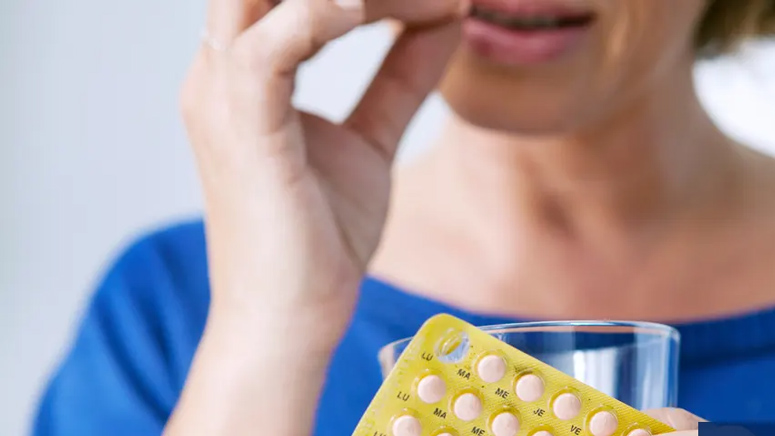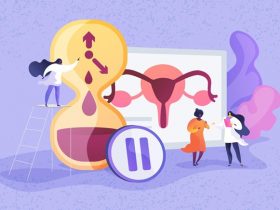Primary Ovarian Insufficiency, also referred to as premature ovarian insufficiency or primary ovarian failure, is a chronic condition in which there is no current treatment that will restore the entire functioning of your ovaries. But there are still treatment options that can help manage symptoms. An effective treatment option is the Hormone replacement therapy (HRT). [1]
People with this condition may have problems conceiving naturally, although in vitro fertilization (IVF) [2] with donor eggs may be a good option. To ease your situation, there are specific steps you can take to prevent long-term health risks.
This article will discuss all the different treatment options, preventive measures, and ways to ease primary ovarian insufficiency.
What is Primary Ovarian Insufficiency?

This is a condition where the ovaries stop working as they should before 40 years old. It can occur as early as the teen years. Your doctor may also refer to this condition as premature ovarian insufficiency. If you have primary ovarian insufficiency, your ovaries are only partially damaged, they may retain some functions, but you won’t be able to ovulate every month. Most women with this condition can no longer conceive naturally. Some may still need to use contraception.
Women with primary ovarian insufficiency may not experience their periods. If they continue to have their periods, they’ll most likely to be light and irregular. At a later stage, most people will permanently stop having a period.
Primary ovarian insufficiency results from a problem with the ovaries follicle, although the exact cause isn’t always clear. Follicles are sacs in the ovaries that hold your eggs. You know there is a problem when the follicles fail to release an egg during ovulation while you are menstruating.
Ovarian malfunction may be a result of:
- Reduced number of follicles
- Increase in the number of unhealthy follicles
- Bad follicular response to hormones
Available Treatment Options for Primary Ovarian Insufficiency
There is currently no treatment to reverse the condition. The objective of any proposed remedy is to:
- Manage symptoms
- Reduce the risk of complications like heart disease and osteoporosis [3]
- Discuss options for family planning if needed
It would also help to treat any underlying condition. This is most necessary if you have any autoimmune or endocrine disorders such as thyroid disease. Treatment options include:













